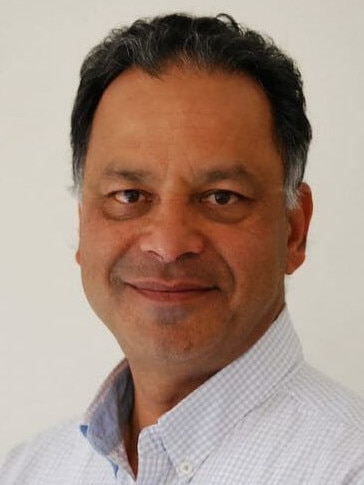International student visa appeals soar amid percentage cap push
The number of international students challenging visa decisions via the appeals tribunal has soared to 25,854, prompting warnings the backlog will stall efforts to reduce temporary migration.

The number of international students challenging visa decisions via the Administrative Review Tribunal has soared to 25,854, prompting warnings the backlog will stall efforts to reduce temporary migration.
Amid a push from both sides of politics to reduce foreign student numbers, former immigration department deputy secretary Abul Rizvi said the ballooning number of appeals against visa cancellations and refusals signified a “loss of control” in the system.
The number of international students contesting a visa refusal or cancellation decision with the appeals body rose to 26,687 at the end of February, having risen from 24,933 in January, 24,087 in December and 22,162 in November. In August 2023, the backlog was at 2244.
Overseas student caps have emerged as a key point of difference in the election campaign, with Peter Dutton vowing earlier this month to limit international students to 240,000 by capping the proportion of foreign enrolments at 25 per cent.
Labor had attempted to legislate a student cap of 270,000 as part of a push to drive down net overseas migration, until the Coalition announced late last year that it would use its numbers to block the bill in the senate.
Dr Rizvi said the surge in appeals to the ART was a direct result of the federal government’s bid to reduce the international student intake, amid concern the soaring number of student visa-holders had increased pressure on the housing market.

“Let’s go back to say June 2023, which is a bit less than two years ago, the number of students in the backlog was 2100,” he said.
“This is within an overall migration non-asylum – so keeping asylum cases completely separate – the migration non-asylum caseload was about 14,438, or 14.5 per cent.
“In February 2025 it was 25,854 in an overall migration caseload of 41,871.
“In other words, students increased as a percentage of that caseload from 14.5 per cent to 61.7 per cent, and that trend will have to continue because of the size of the onshore backlog.”
Dr Rizvi said the appeals backlog would pose significant problems to whichever party won the election as the build up of cases before the ART meant that more temporary visa-holders remained onshore while their case was processed by the tribunal.
“Someone is going to have to fix this,” he said.
“You can’t have the backlog of the ART just blowing out, and out, and out.
“One obvious implication is, you won’t get the student and temporary entry departures that you’re forecasting if they’re all stuck in the ART.”
The Coalition has consistently pledged to pursue steeper cuts to the international student intake than Labor, promising to reduce the intake for metropolitan universities, particularly in Sydney and Melbourne, while strengthening enrolments at regional campuses.




To join the conversation, please log in. Don't have an account? Register
Join the conversation, you are commenting as Logout